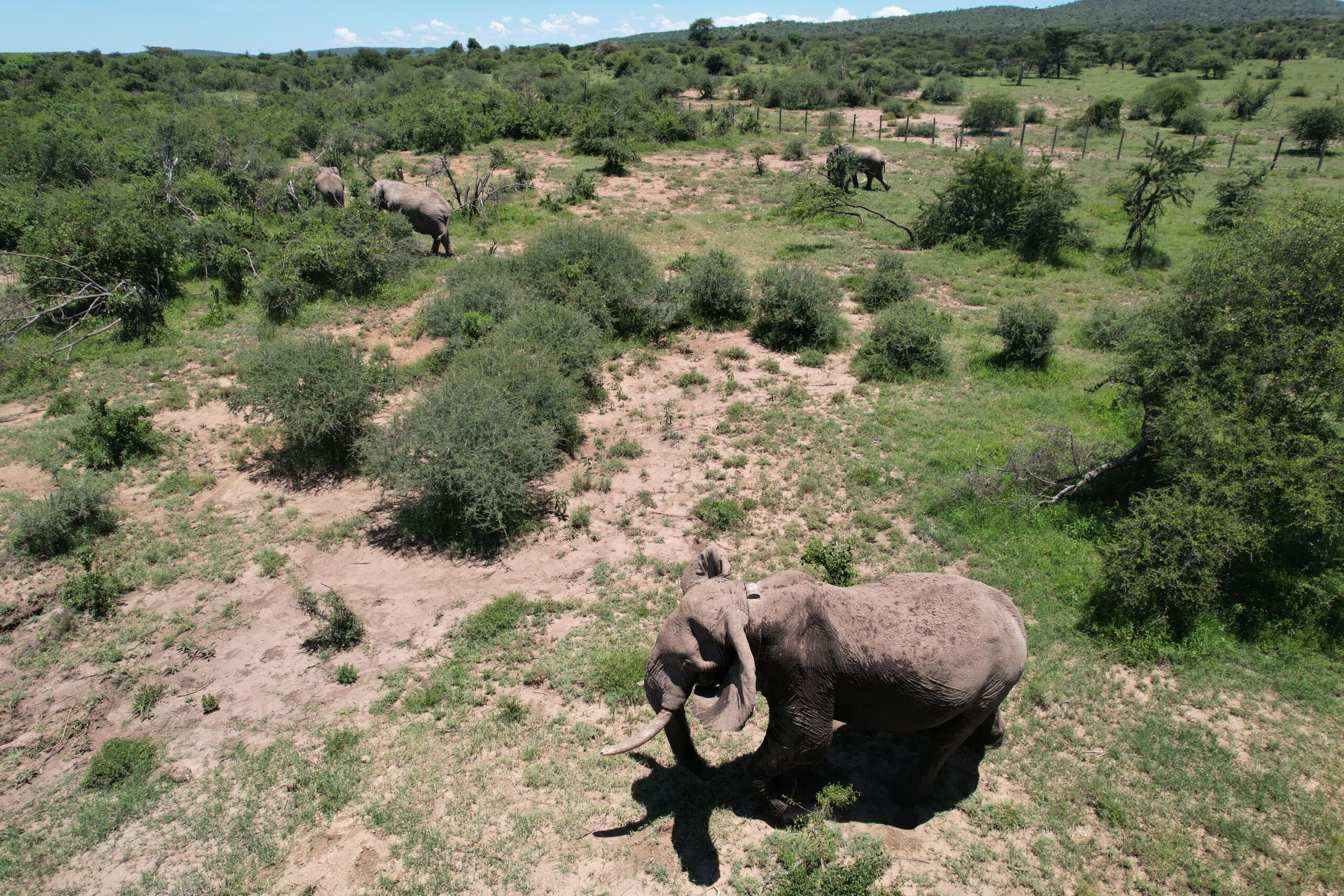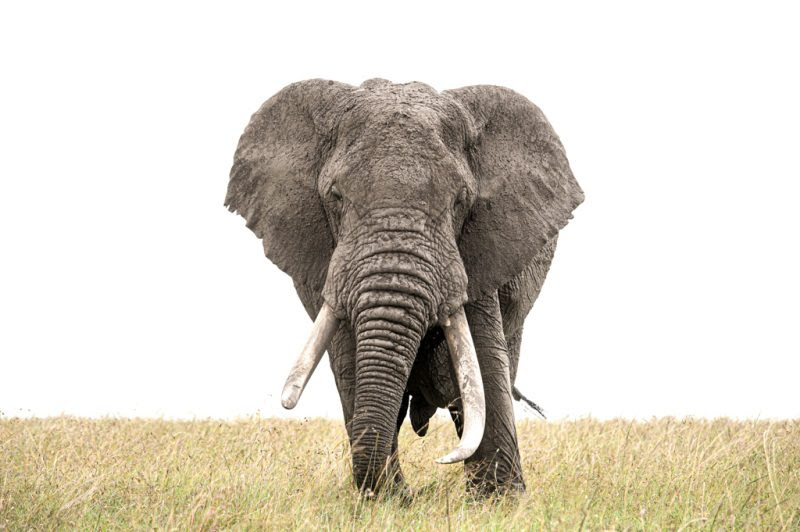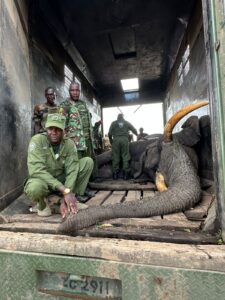 In March, MEP rangers received a report of an abandoned baby elephant in an area with a high level of conflict. She was most likely separated from her mother and family herd during crop raiding activities or by fences. After spending three days monitoring the baby, MEP rangers were hopeful that a new herd had adopted her, but unfortunately, they abandoned her as well. Seeing no other options, we called in the Sheldrick Wildlife Trust (SWT) to airlift her to their Nairobi orphanage where she’ll be looked after by their dedicated staff. While not the ideal outcome we hope for, we are grateful for partners that will give this calf an opportunity to thrive.
In March, MEP rangers received a report of an abandoned baby elephant in an area with a high level of conflict. She was most likely separated from her mother and family herd during crop raiding activities or by fences. After spending three days monitoring the baby, MEP rangers were hopeful that a new herd had adopted her, but unfortunately, they abandoned her as well. Seeing no other options, we called in the Sheldrick Wildlife Trust (SWT) to airlift her to their Nairobi orphanage where she’ll be looked after by their dedicated staff. While not the ideal outcome we hope for, we are grateful for partners that will give this calf an opportunity to thrive.
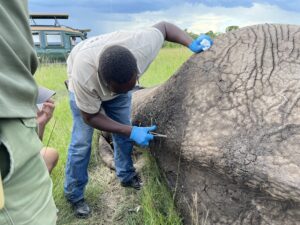 While on a routine patrol in March, MEP rangers monitored a female elephant with an arrow wound on her back, making matters more urgent was the young calf by her side. This female is a MEP known individual, number 78, and she and her herd of 20 reside in an area bordering community land which is likely where she encountered people and received the wound. We called in KWS Vet Dr. Njoroge from the SWT Mobile Vet Unit to respond, but MEP rangers had to deploy a drone to find her first and push her out into an open area for treatment. The SWT helicopter lent support in the air while MEP rangers assisted on the ground. The helicopter helped keep the calf and herd away as the vet treated her wound and after the operation MEP and Lemek Conservancy rangers helped the baby and mom reunite.
While on a routine patrol in March, MEP rangers monitored a female elephant with an arrow wound on her back, making matters more urgent was the young calf by her side. This female is a MEP known individual, number 78, and she and her herd of 20 reside in an area bordering community land which is likely where she encountered people and received the wound. We called in KWS Vet Dr. Njoroge from the SWT Mobile Vet Unit to respond, but MEP rangers had to deploy a drone to find her first and push her out into an open area for treatment. The SWT helicopter lent support in the air while MEP rangers assisted on the ground. The helicopter helped keep the calf and herd away as the vet treated her wound and after the operation MEP and Lemek Conservancy rangers helped the baby and mom reunite.
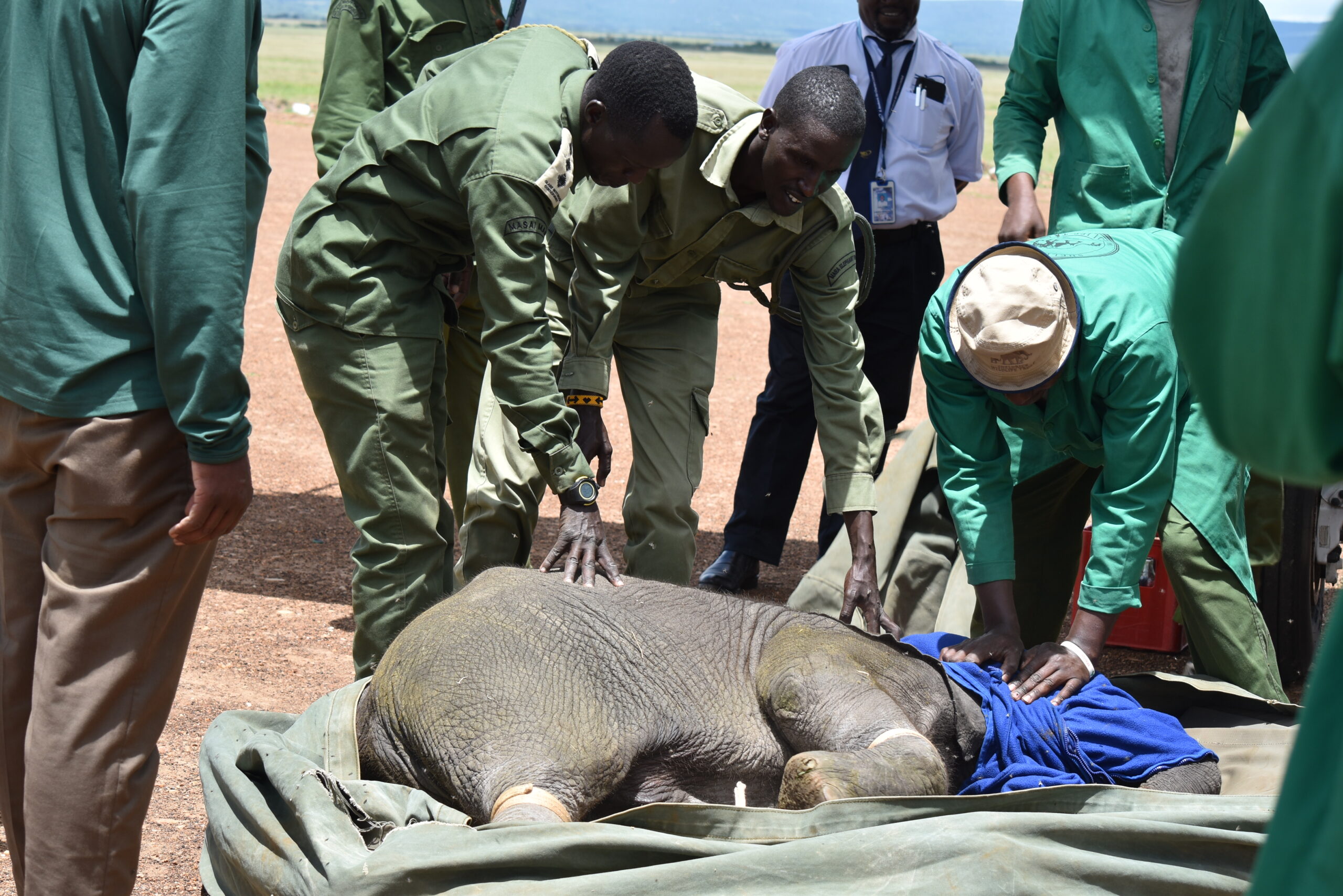
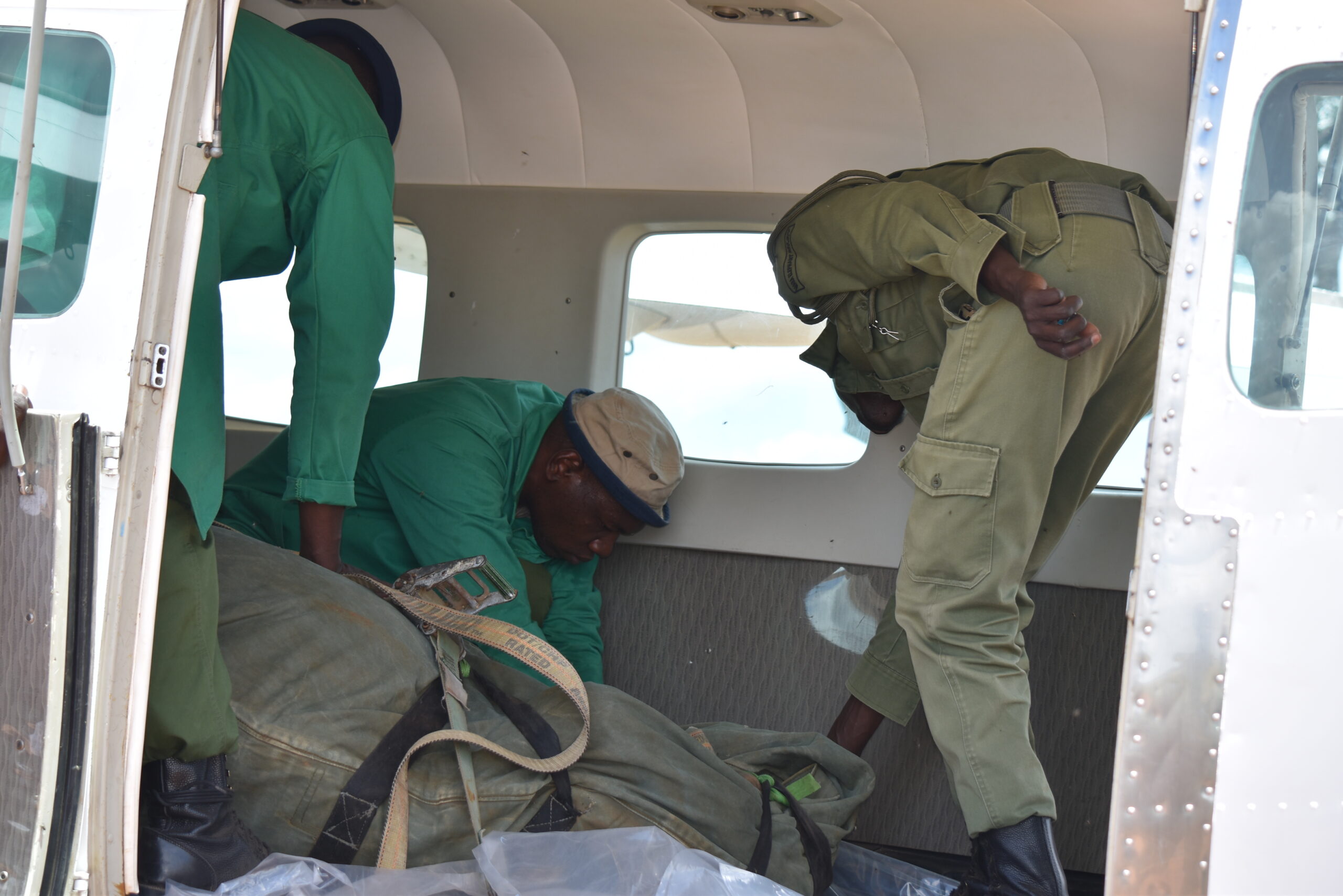
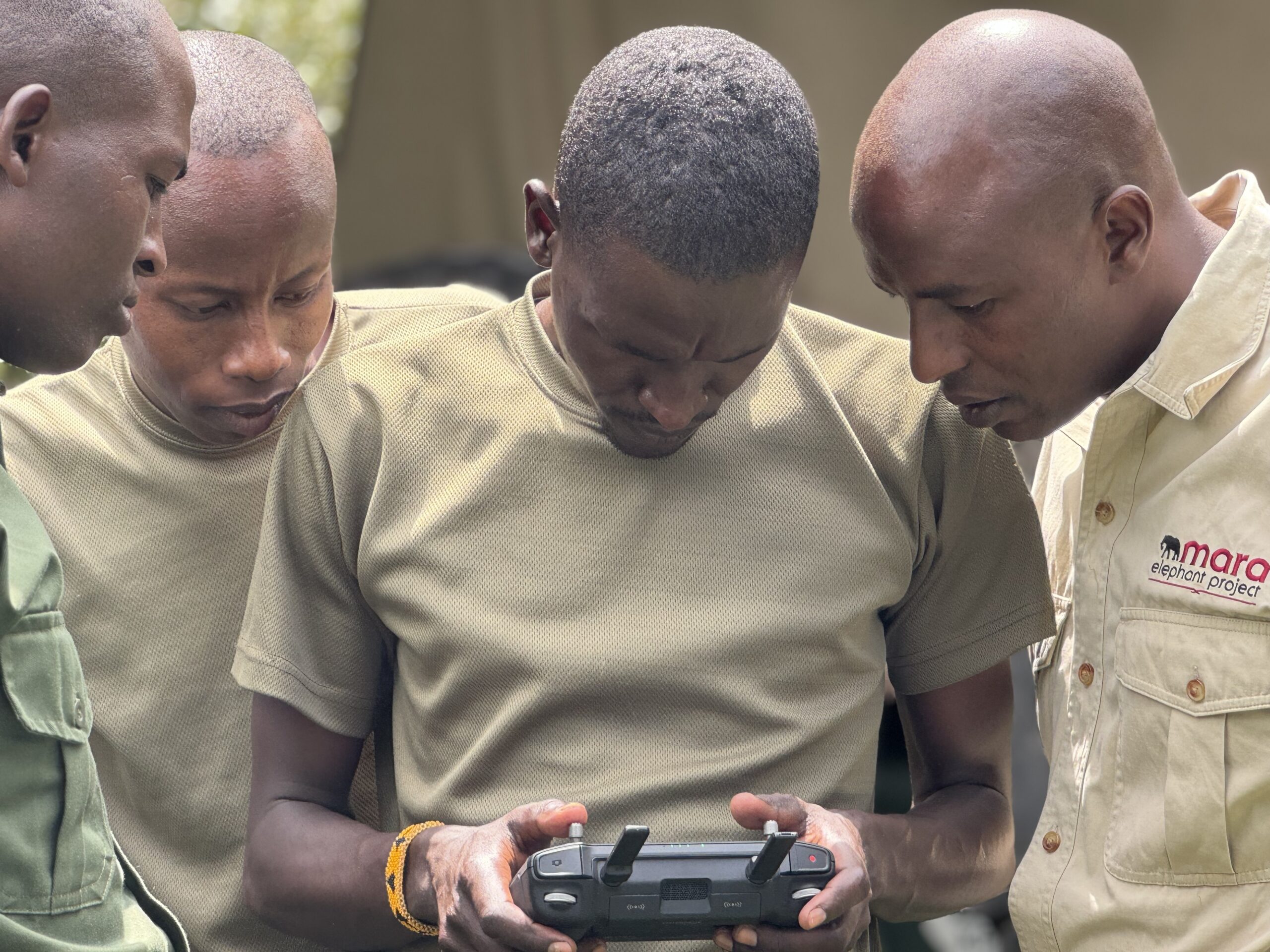
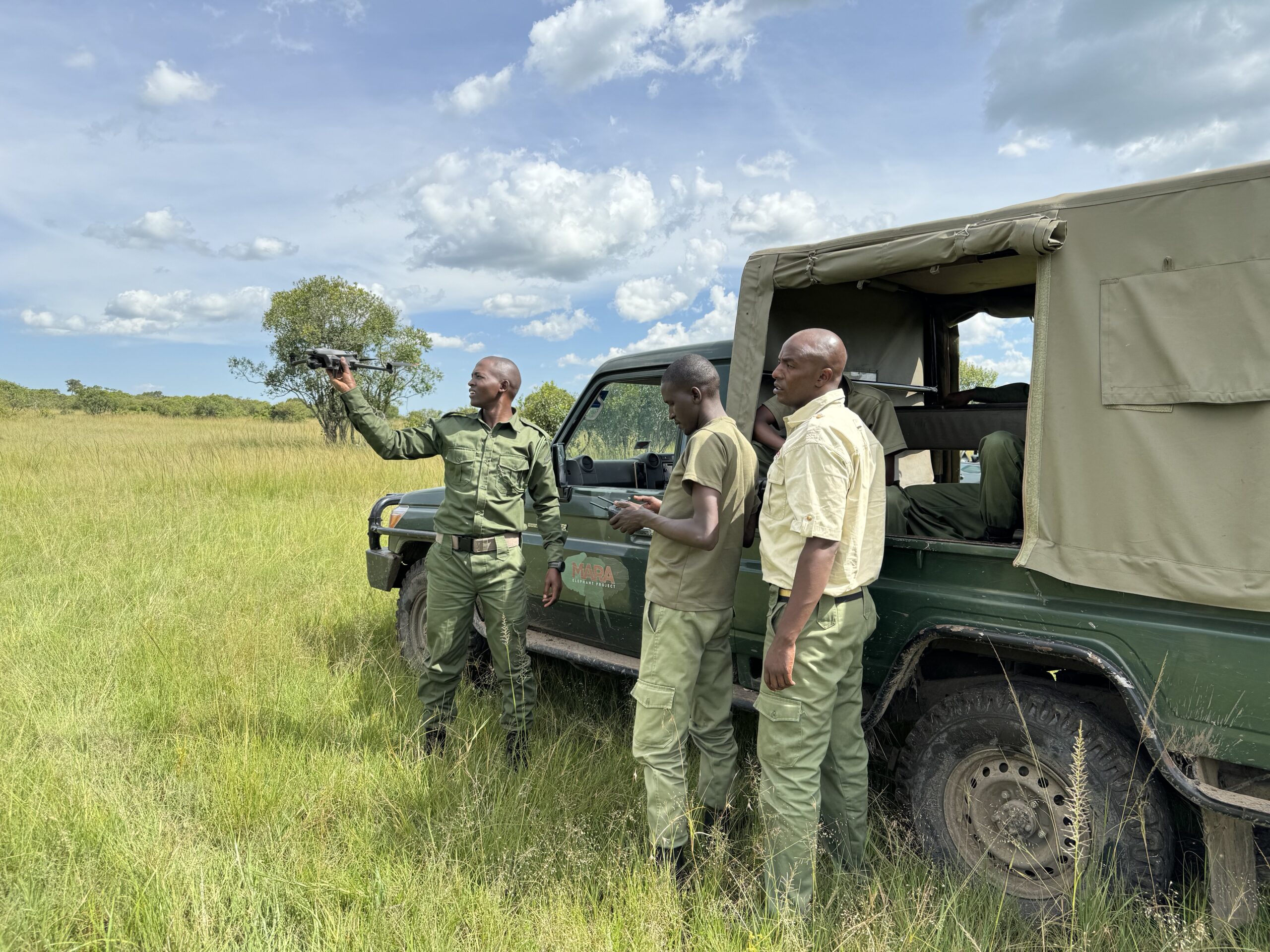
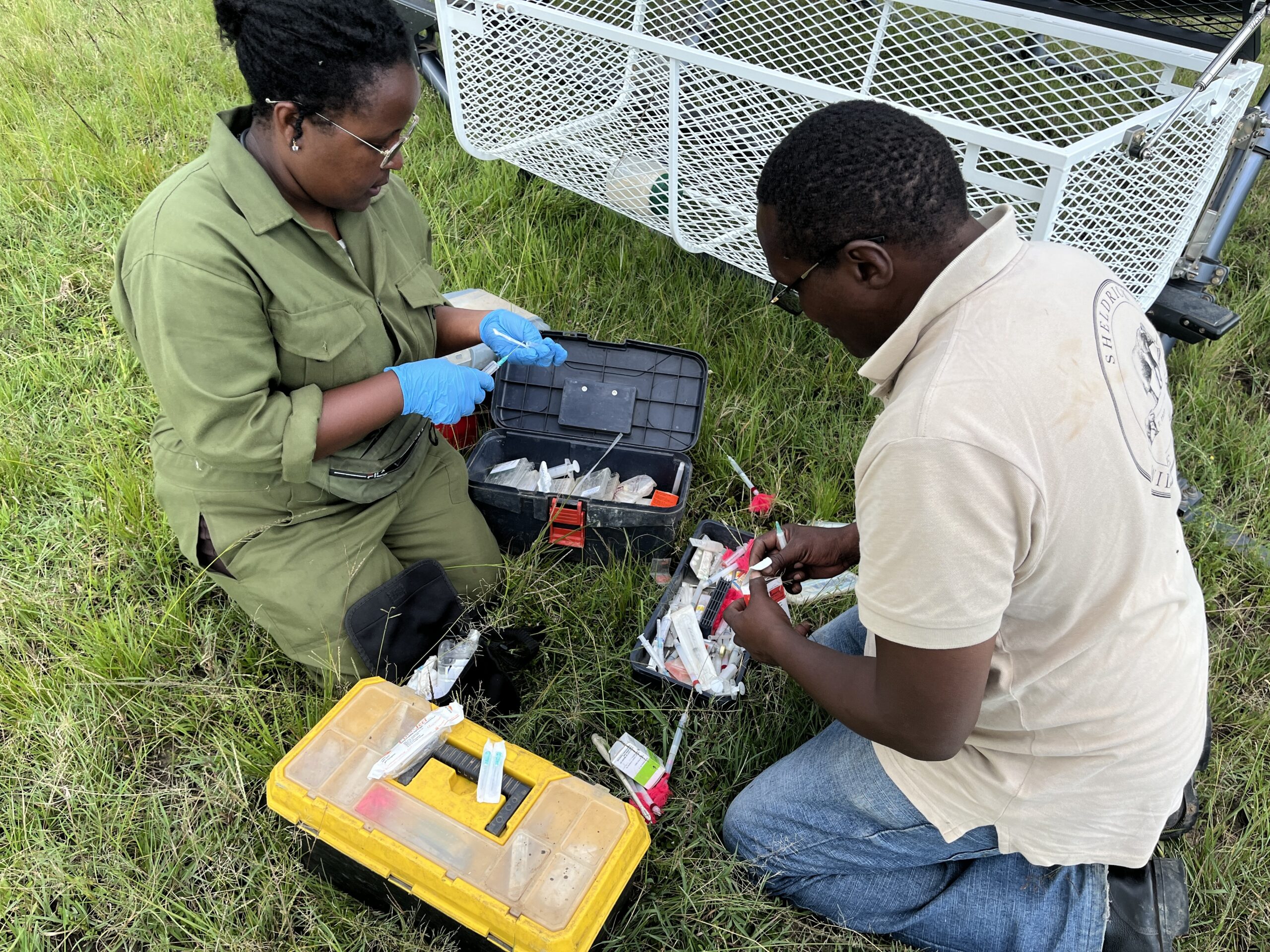
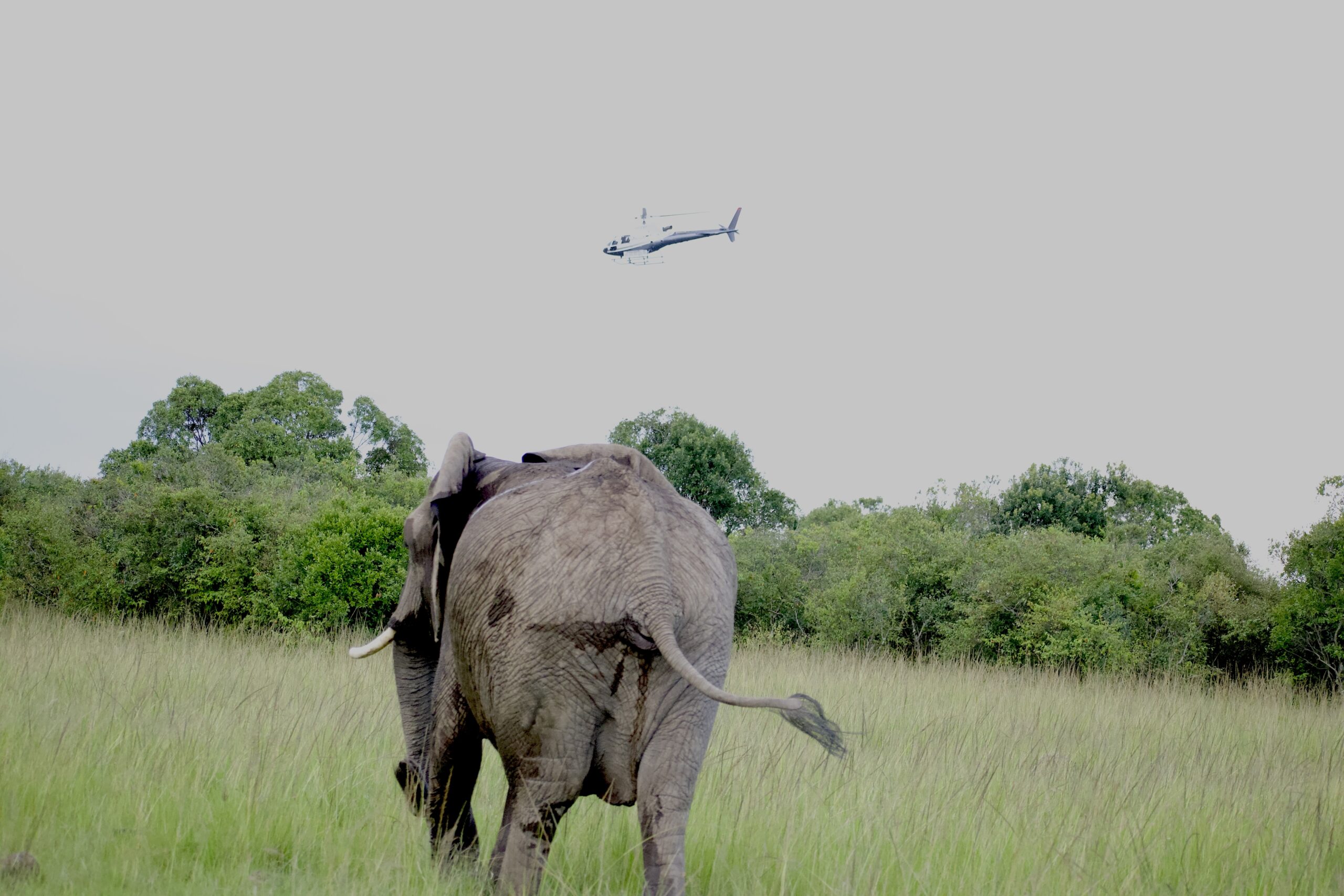
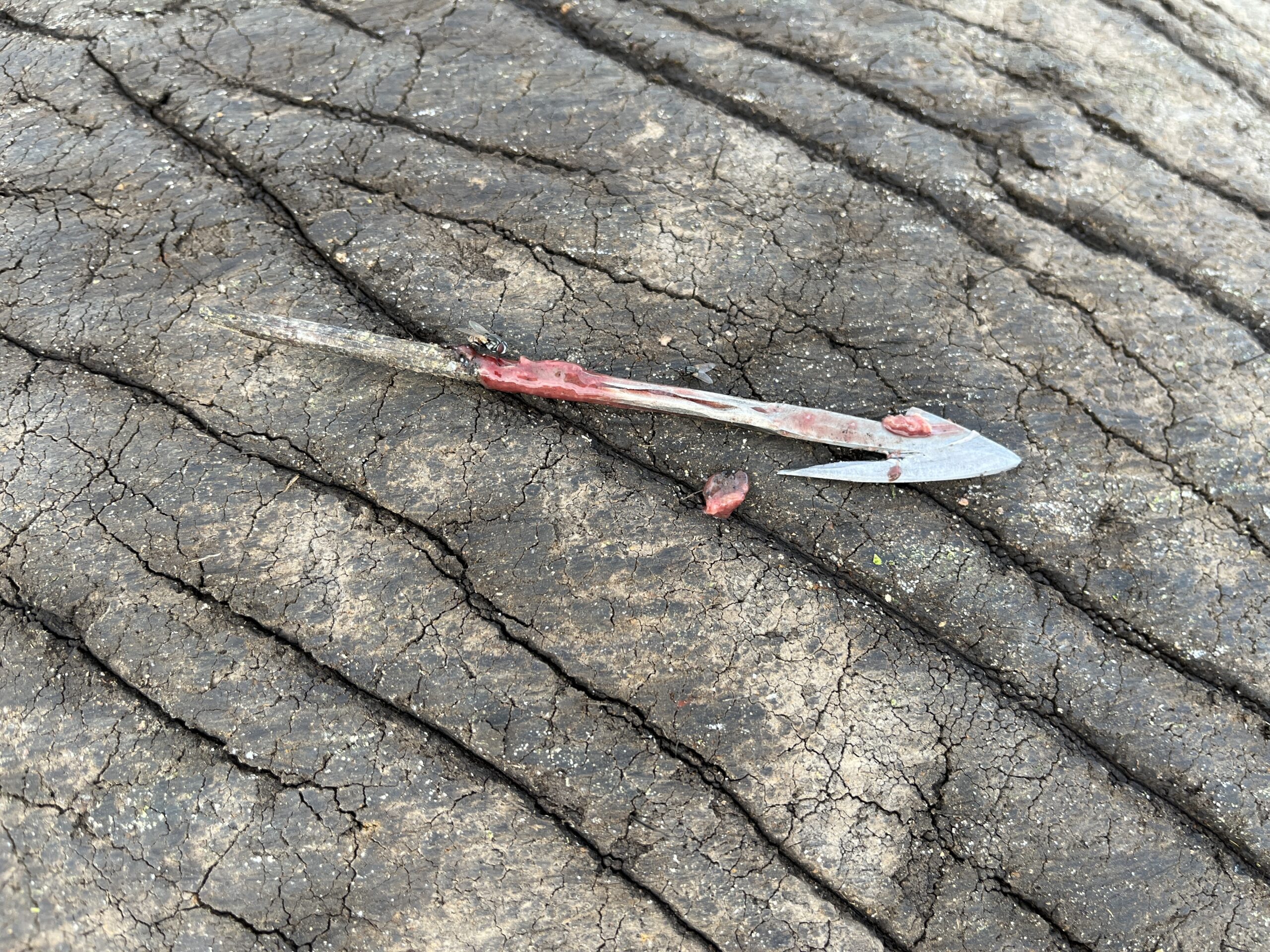
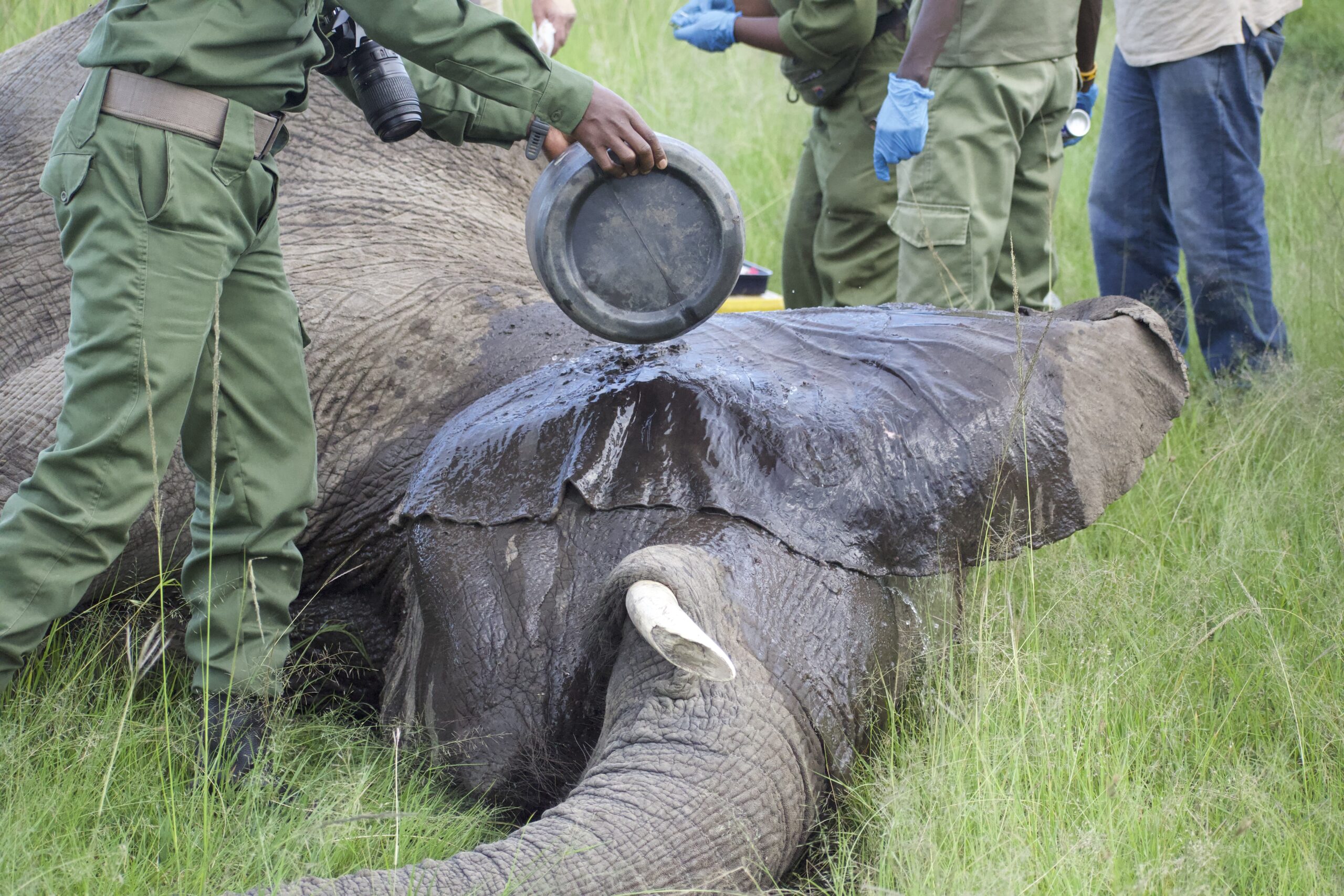
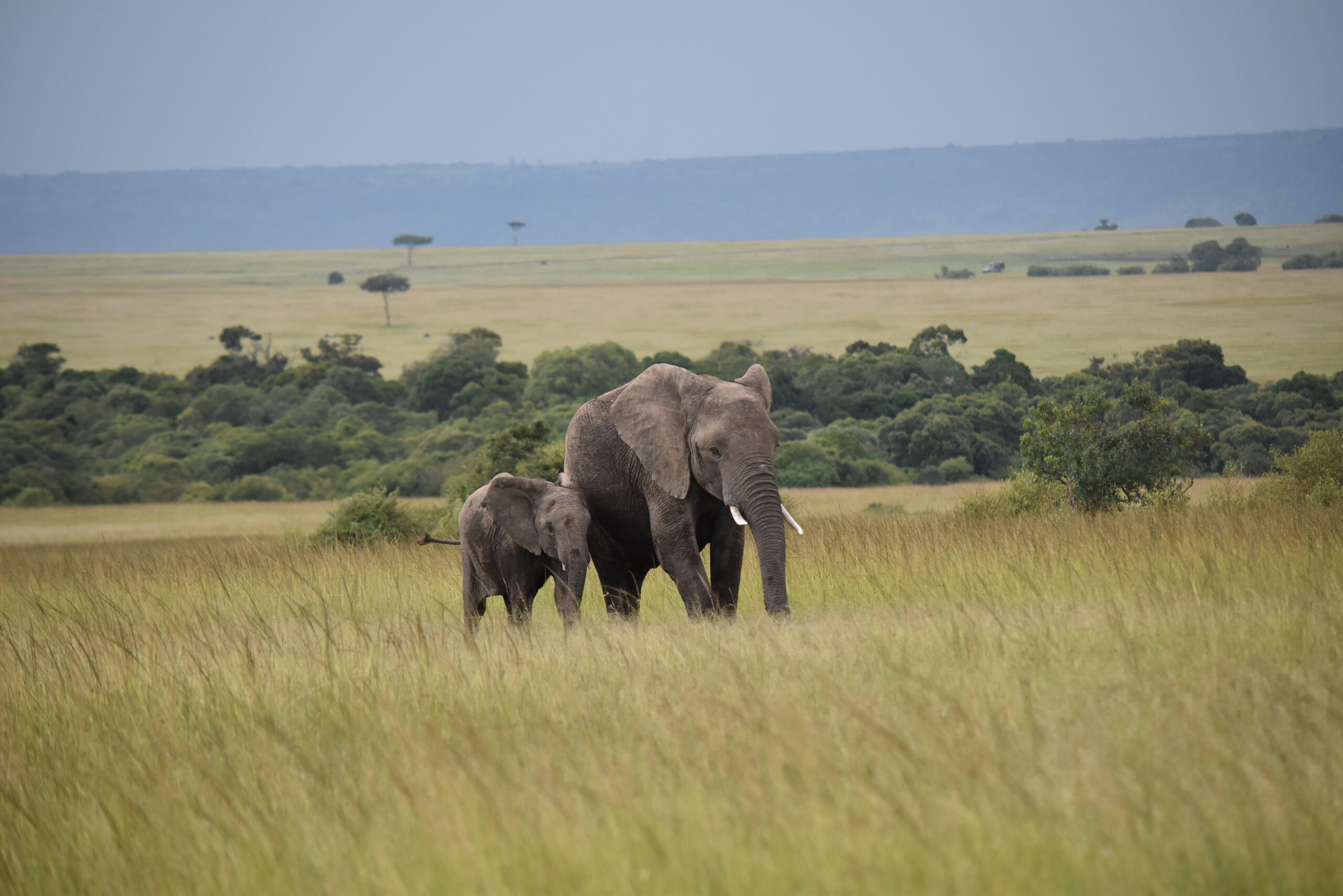
Elephants are an animal that captivate people all over the globe. Mara Elephant Project aims to partner with international organizations that create avenues for tax advantageous giving to support the protection of elephants and their habitats in the Greater Mara Ecosystem in Kenya. To expand on this strategic initiative, Mara Elephant Project is now officially registered with Companies House in the United Kingdom as Mara Elephant Project UK (MEP UK). As part of our new operations in the UK, we are proud to introduce our MEP UK Board of Trustees each bringing a wealth of diverse backgrounds and experiences to support MEP’s elephant conservation work.
The MEP helicopter continues to be a vital tool; however, drones have provided a more low-cost alternative that the organization capitalized on in March. MEP ranger teams continued to rely on drones for monitoring and responding to conflict. MEP rangers monitored collared elephant Polaris using a drone, enhancing our ability to monitor his well-being and his collar’s condition.
Rangers stationed at MEP HQ responded to night conflict incidents around Aitong, Pardamat, and Lemek. They have also been assisting the “Foxtrot” ranger team in Ngosuani where collared elephant Matali has needed to be moved regularly. The “Golf” ranger team in Transmara continue monitoring Fitz and his herd in Nyakweri and have responded at night to move the herd back into the forest before entering farms. The “Lima” ranger team in Mosiro monitored a large herd of elephants in the Rift Valley. They have also been responding to increased conflict as elephants migrate through this area. The Mau teams have been monitoring the forest, primarily focusing on observing people’s movement within the forest and detecting any illegal activities. This recently led to the discovery of charcoal burning, and the team successfully destroyed the kilns. Both the “Bravo” and “Echo” ranger teams have been monitoring the Loita Forest using a drone, and, in a few cases, they moved elephants back to the forest from community settlement areas.


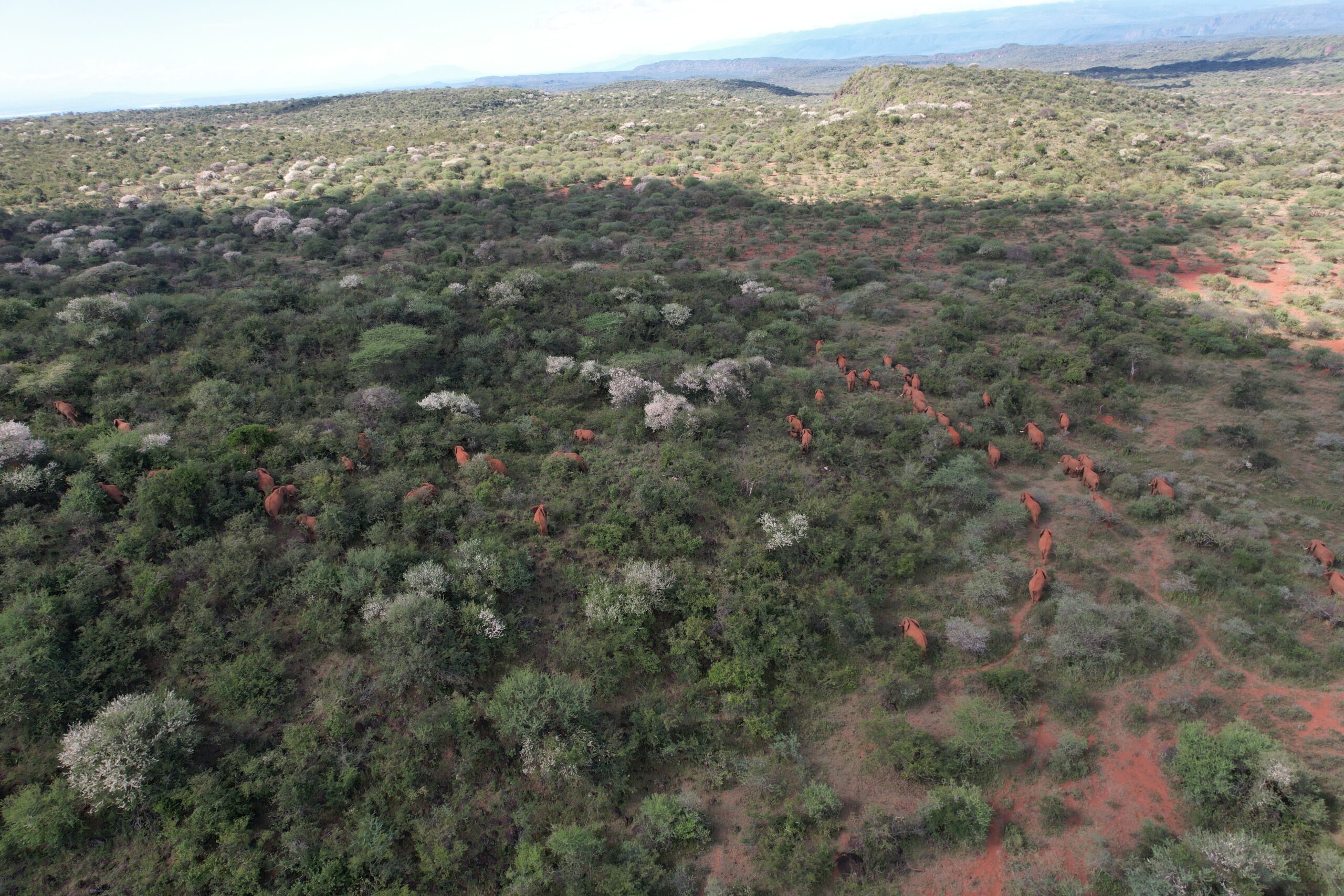
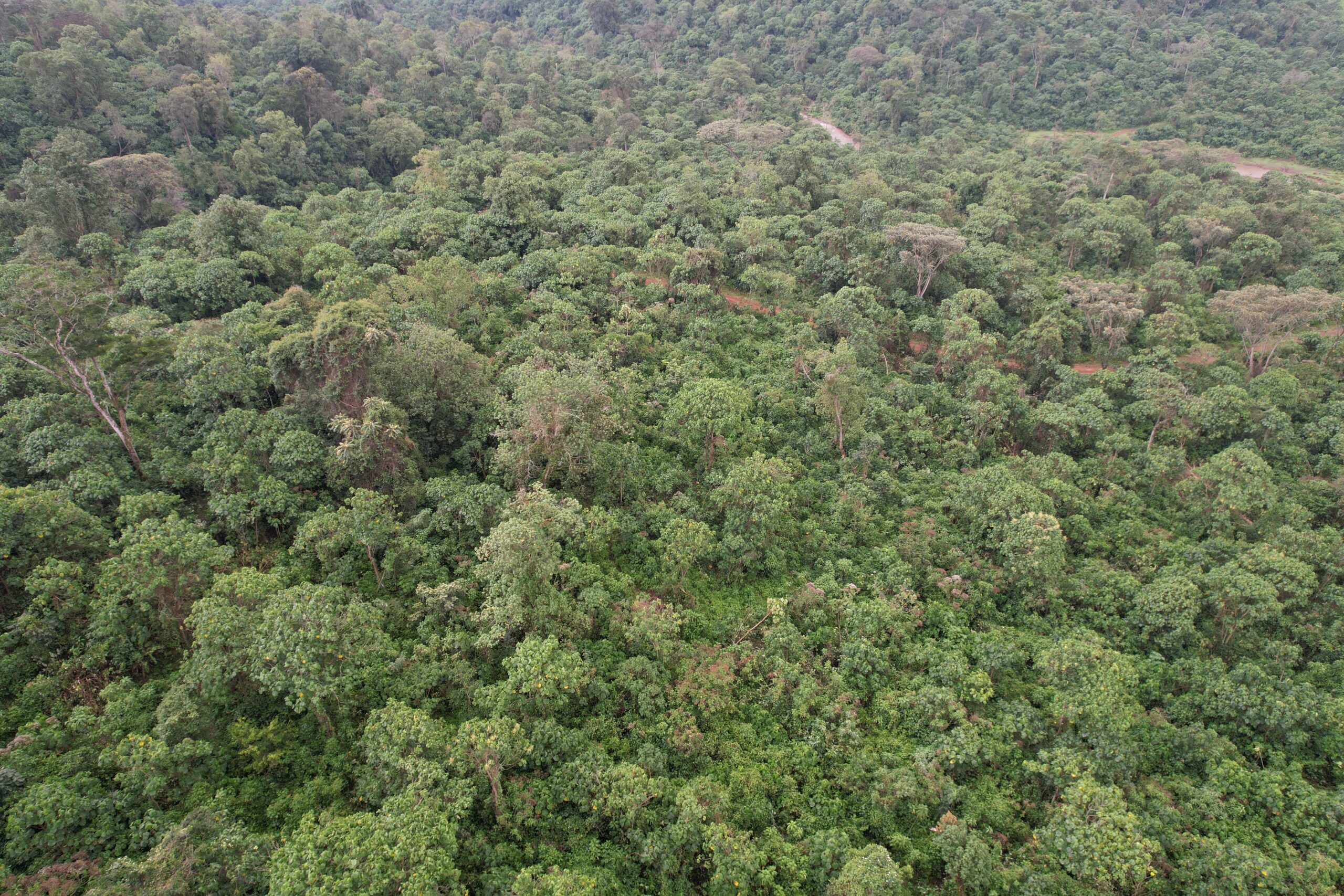
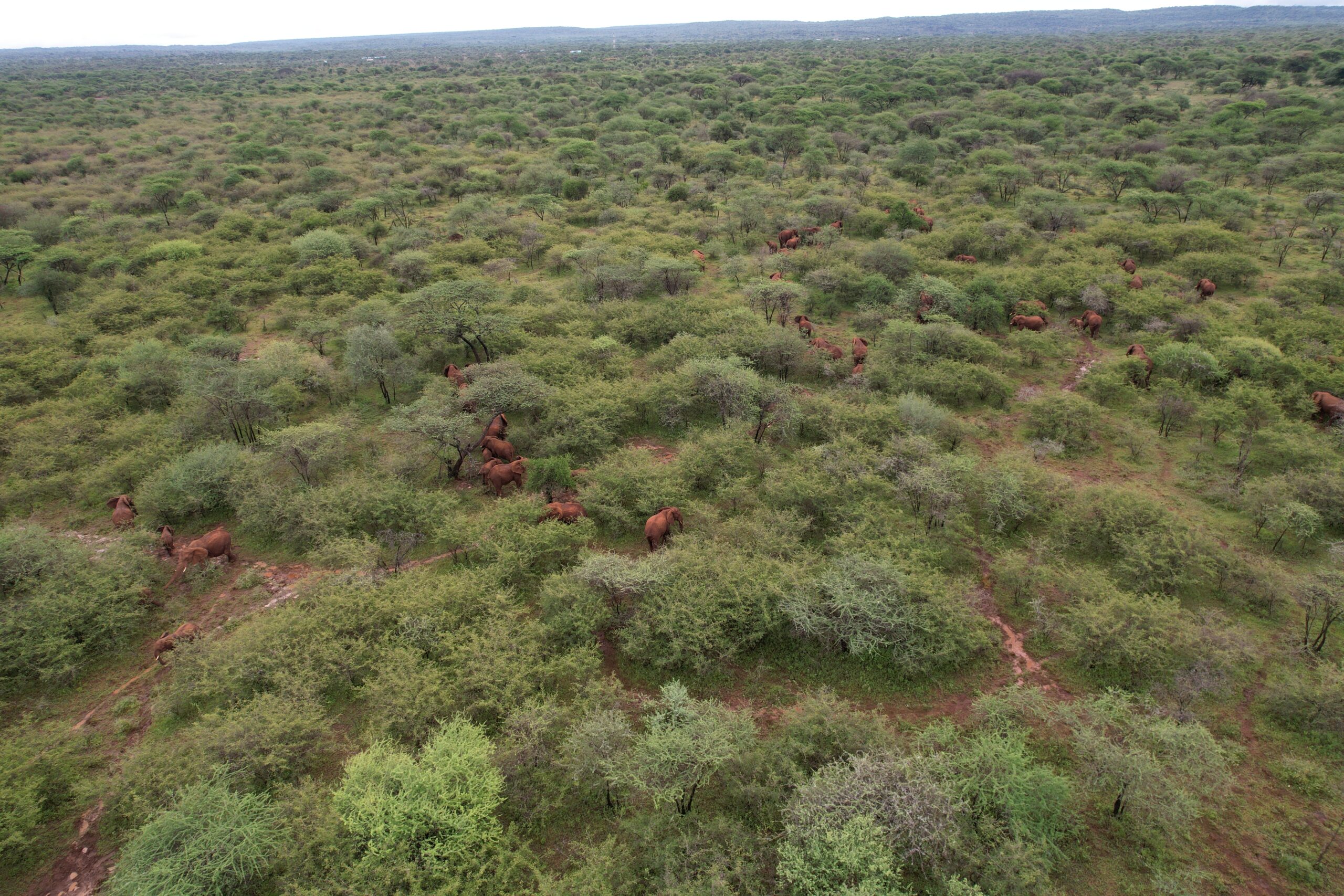
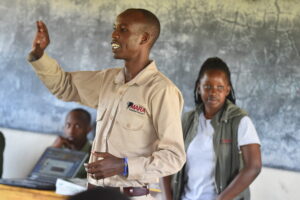 On World Wildlife Day, members of the MEP Research Department alongside partners presented to 50 students about the technologies they are deploying daily to conserve elephants and their habitats. The students were enthusiastic and we’re grateful to Kampur Travel Diaries for supporting our education program.
On World Wildlife Day, members of the MEP Research Department alongside partners presented to 50 students about the technologies they are deploying daily to conserve elephants and their habitats. The students were enthusiastic and we’re grateful to Kampur Travel Diaries for supporting our education program.
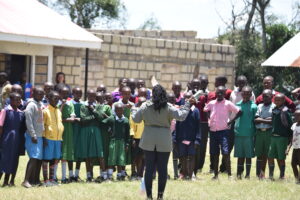 The farm team joined the rest of the research department for the World Wildlife Day education activity. In addition, the team set up a kitchen garden at Emarti Primary School of over 1,500 seedlings and five different vegetables to ensure food security and conservation in schools is sustained. A total of 110 women from three villages received kitchen garden training and seedlings to promote better nutrition and also fosters self-sufficiency and economic opportunities.
The farm team joined the rest of the research department for the World Wildlife Day education activity. In addition, the team set up a kitchen garden at Emarti Primary School of over 1,500 seedlings and five different vegetables to ensure food security and conservation in schools is sustained. A total of 110 women from three villages received kitchen garden training and seedlings to promote better nutrition and also fosters self-sufficiency and economic opportunities.



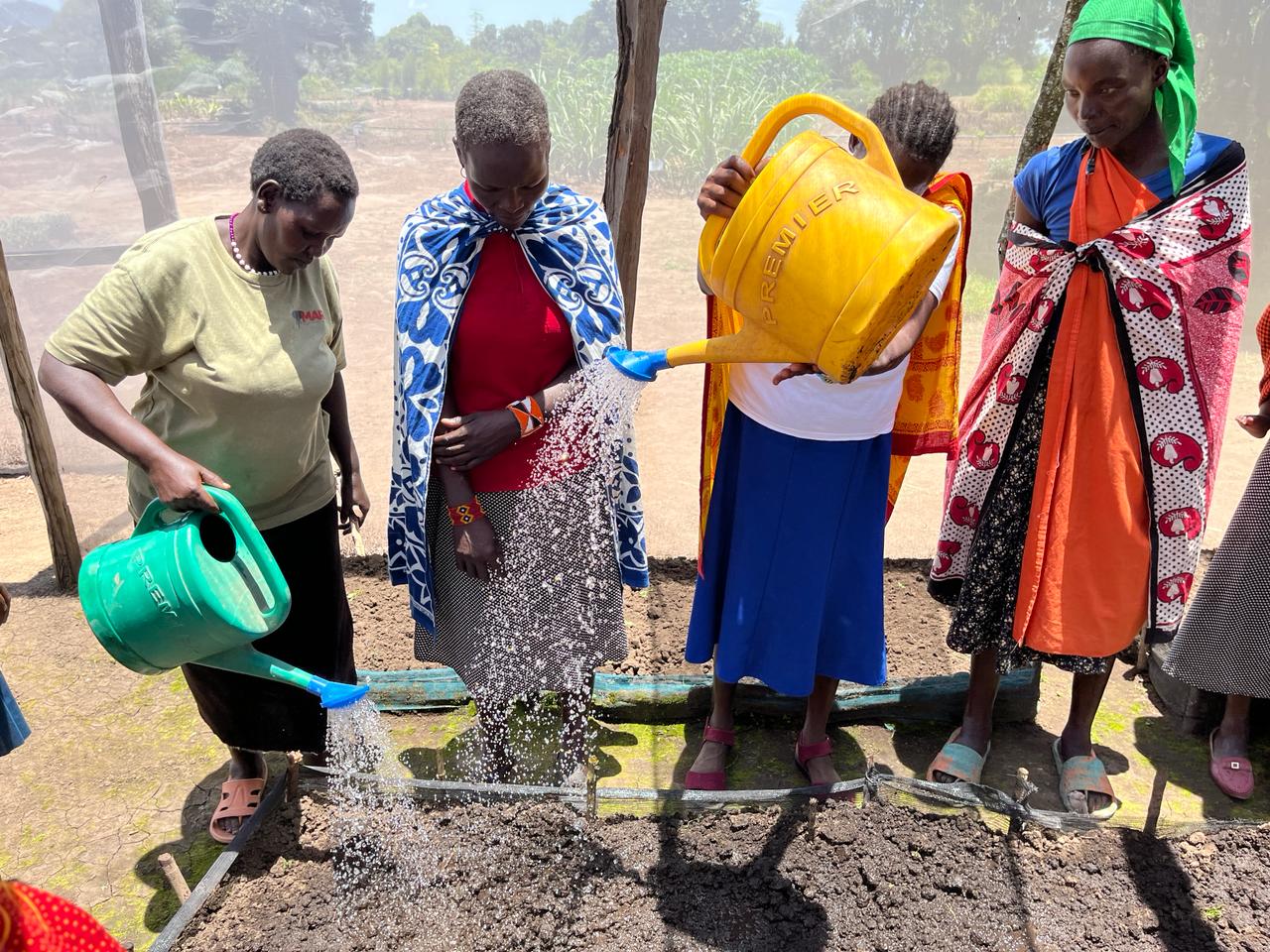
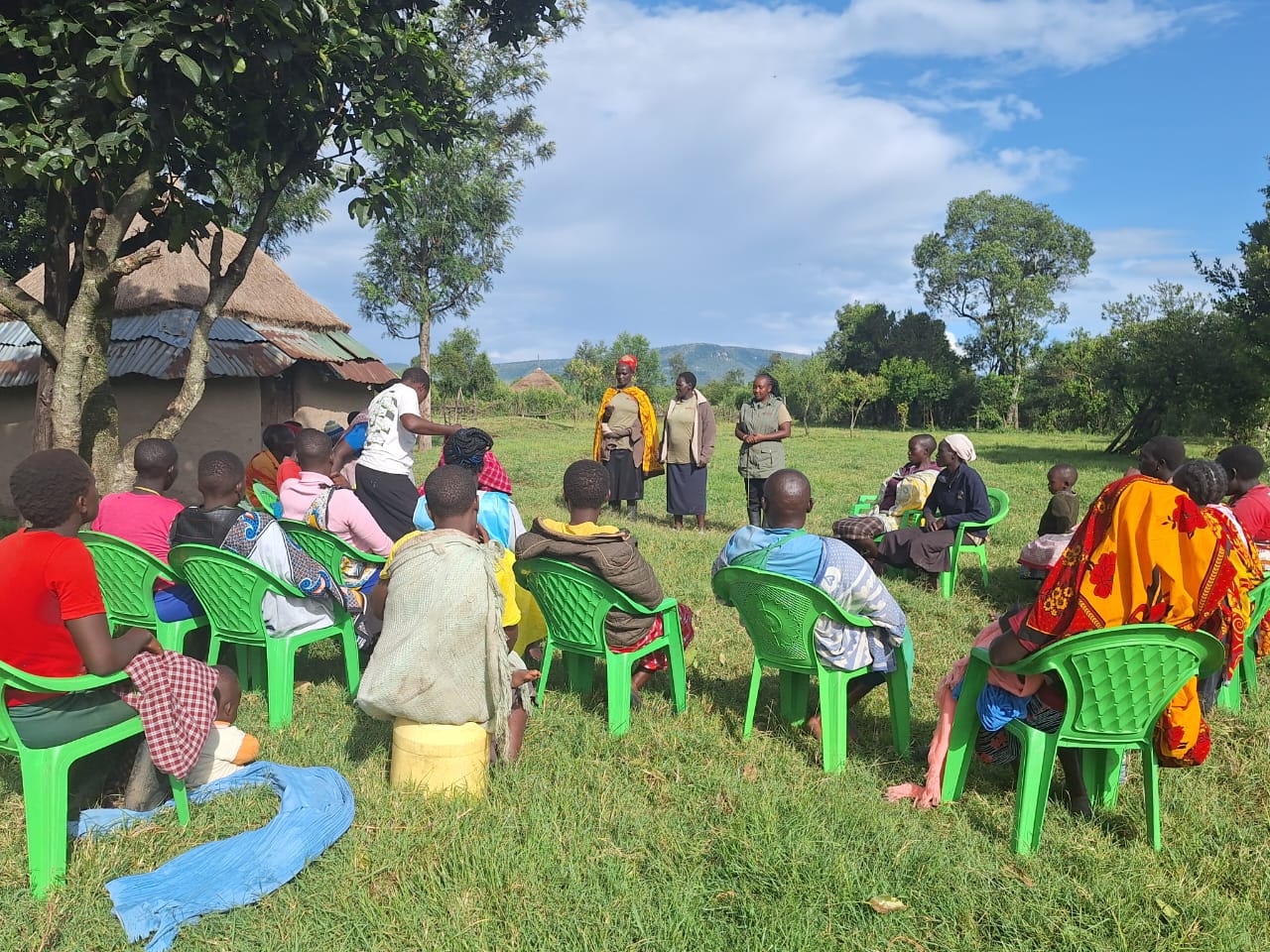
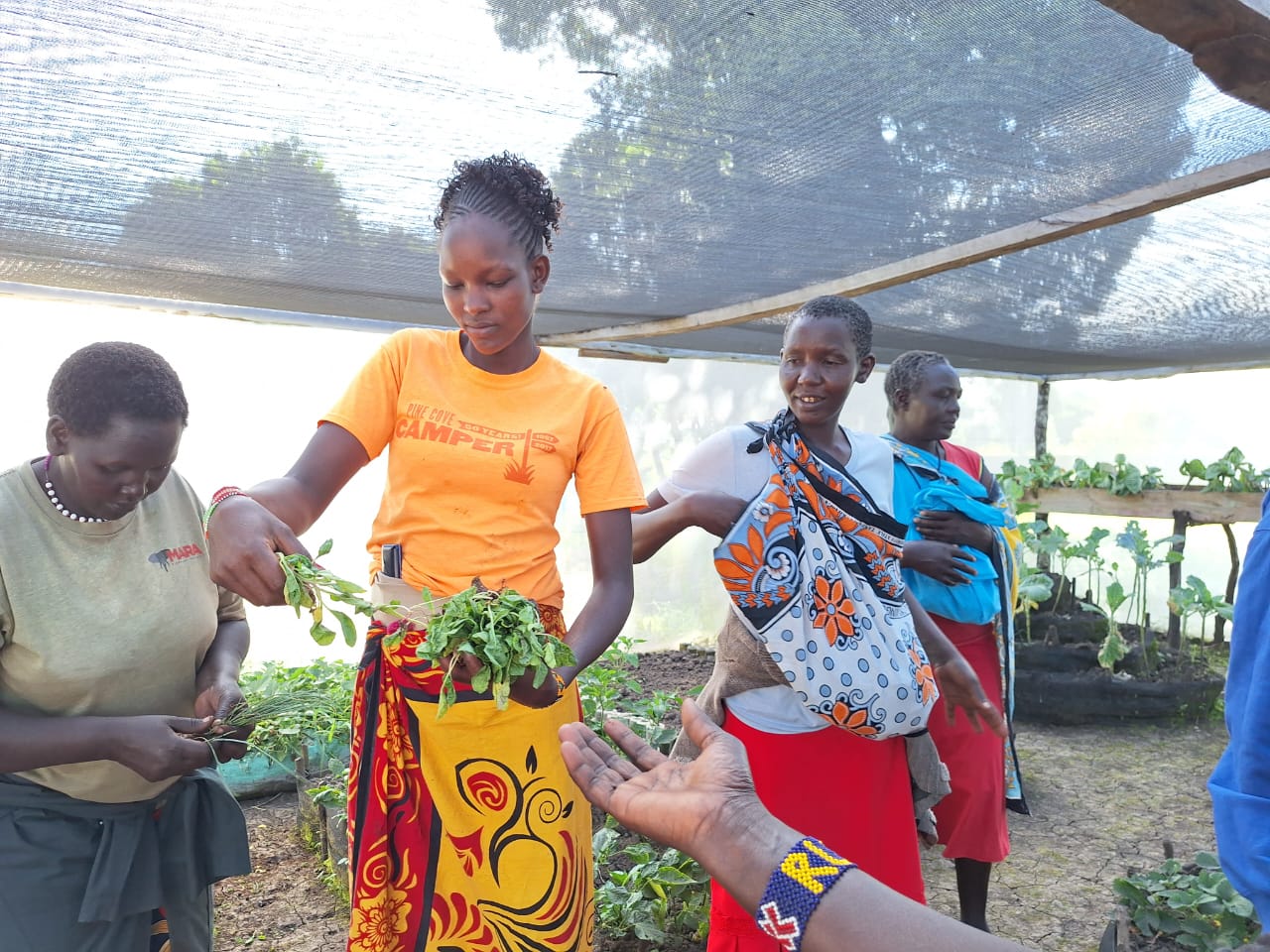
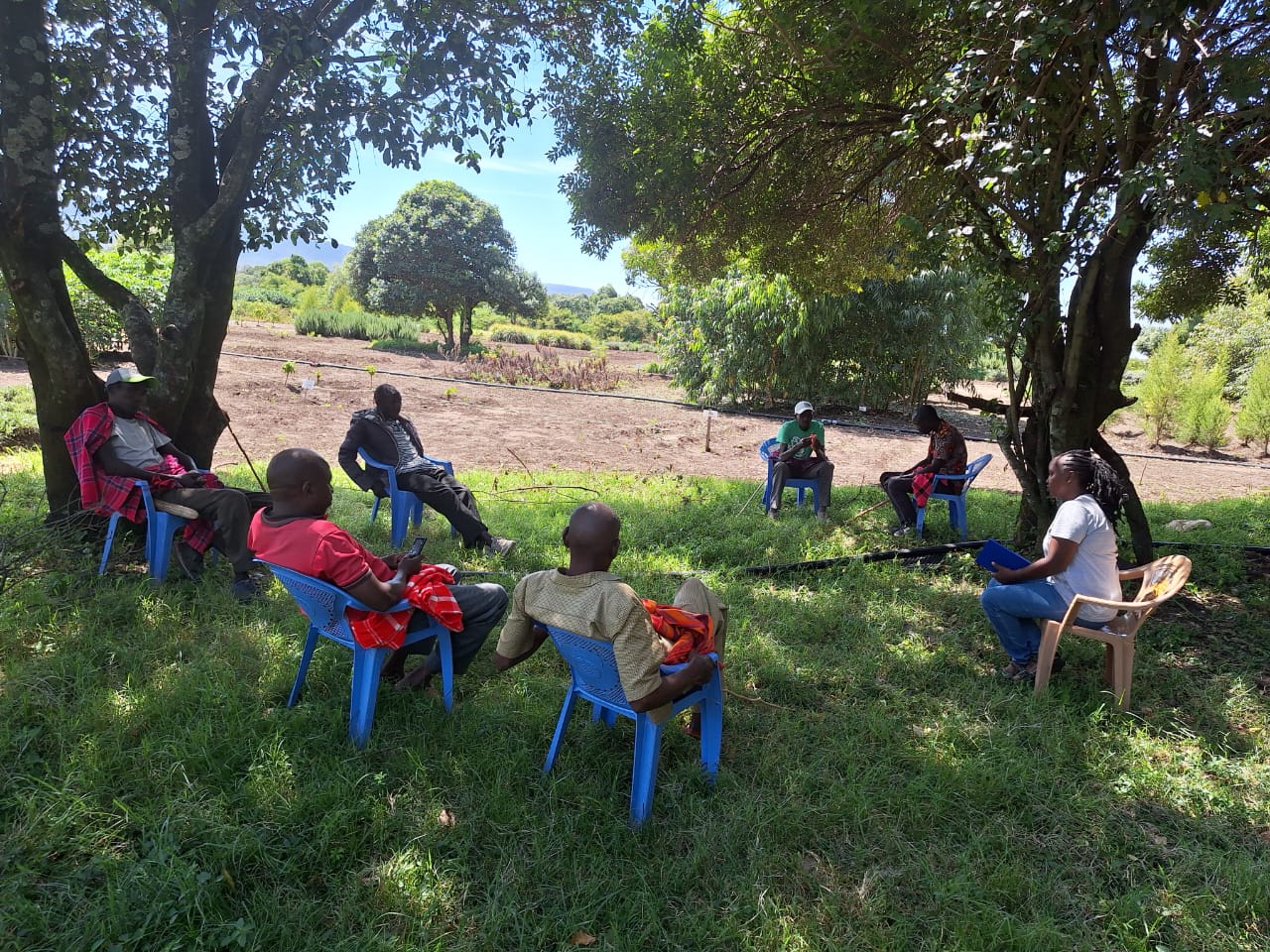
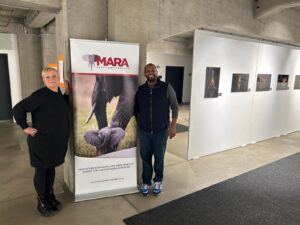 A big thanks from the Mara Elephant Project herd to Beate Assmuth-Ong and everyone who joined CEO Marc Goss and Trustee Kevin Rodrigues in Germany at the Facets of Africa photo exhibition. Visitors had a chance to learn more about MEP’s elephant conservation work and purchase Beate’s stunning prints to support our efforts.
A big thanks from the Mara Elephant Project herd to Beate Assmuth-Ong and everyone who joined CEO Marc Goss and Trustee Kevin Rodrigues in Germany at the Facets of Africa photo exhibition. Visitors had a chance to learn more about MEP’s elephant conservation work and purchase Beate’s stunning prints to support our efforts.
The final entries for the Greatest Maasai Mara photo competition arrived in March. Thank you to all of the photographers for supporting MEP and to the Angama Foundation for their continued support.
An entry from Philip Malli.

